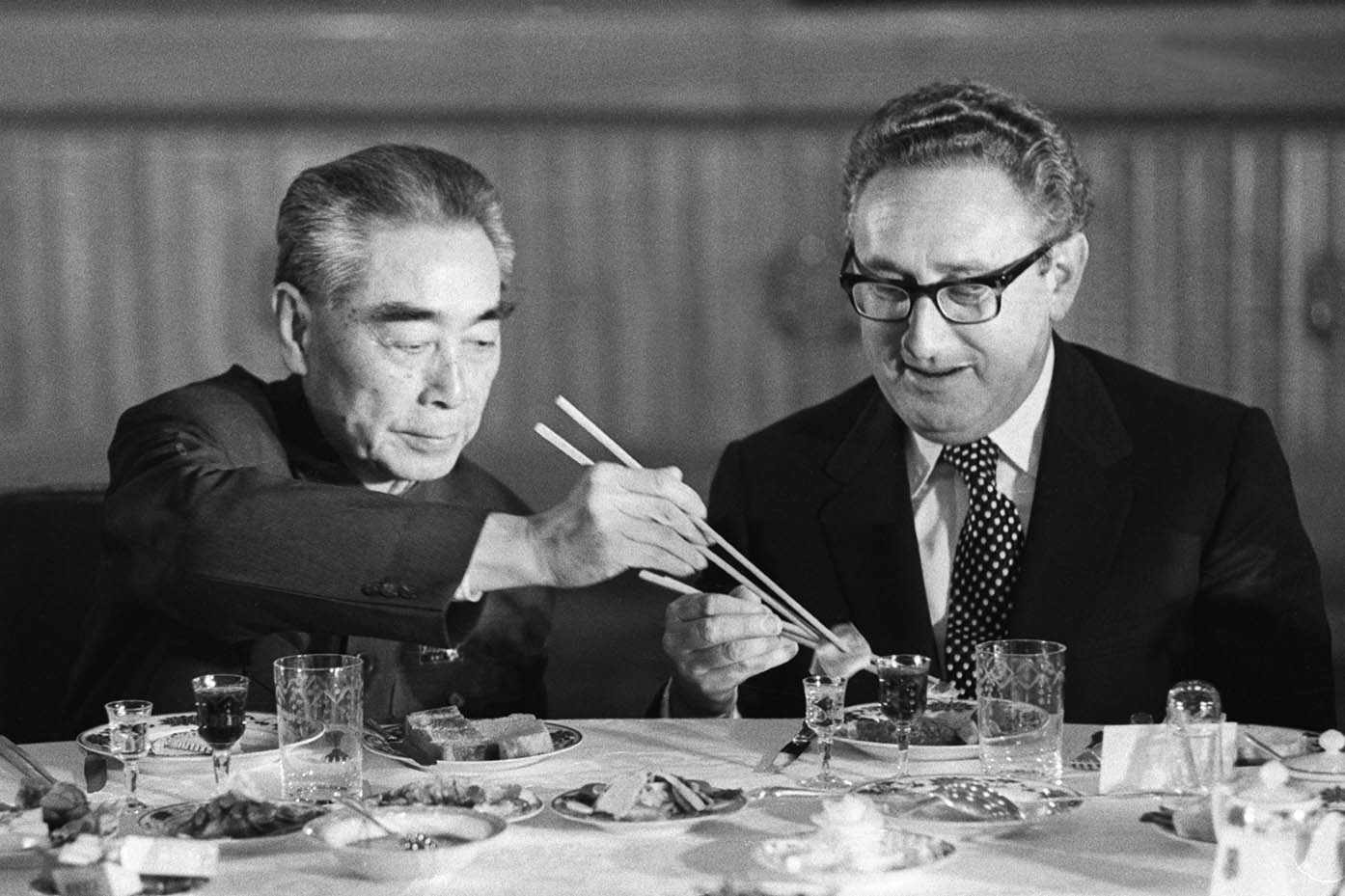
“When a great power engages in a conflict, it must prevail,” Henry Kissinger said late in his long life. That might have been a rationale for doubling down in Vietnam. Instead, seeing that the US could not prevail, it was his motivation for seeking a way out. More than half a century later – elites still hanging on his every word – Kissinger seemed to be urging Ukraine to seek an accommodation with Russia on the same logic.
Then the facts changed and so did his view: Ukraine beat back its invaders and Kissinger cheered Kyiv on. The inventor of shuttle diplomacy, who has died aged 100, was America’s most consequential cold warrior; the architect of US containment of Soviet communism and of Nixon’s opening to China.
He was also allergic to irrelevance. His ruthless pragmatism led him to advocate carpet bombing Cambodia and siding with dictators, but its essence turned out to be flexibility.
That kept him at the centre of world affairs from his seven years as Nixon’s national security advisor and (later) secretary of state to his final visit to Beijing, in July, when he was received by Xi Jinping and feted – David Sanger writes in a marathon NYT obituary – like royalty.
He won the Nobel Peace Prize, cavorted with movie stars, worked his staff to the bone and was mourned today by the Chinese Communist Party as “an old friend”. Barack Obama lamented what he considered Kissinger’s pernicious impact on America’s reputation, especially in the developing world, but few individuals did more to shape that reputation in the past century, even among the 12 presidents he served.
